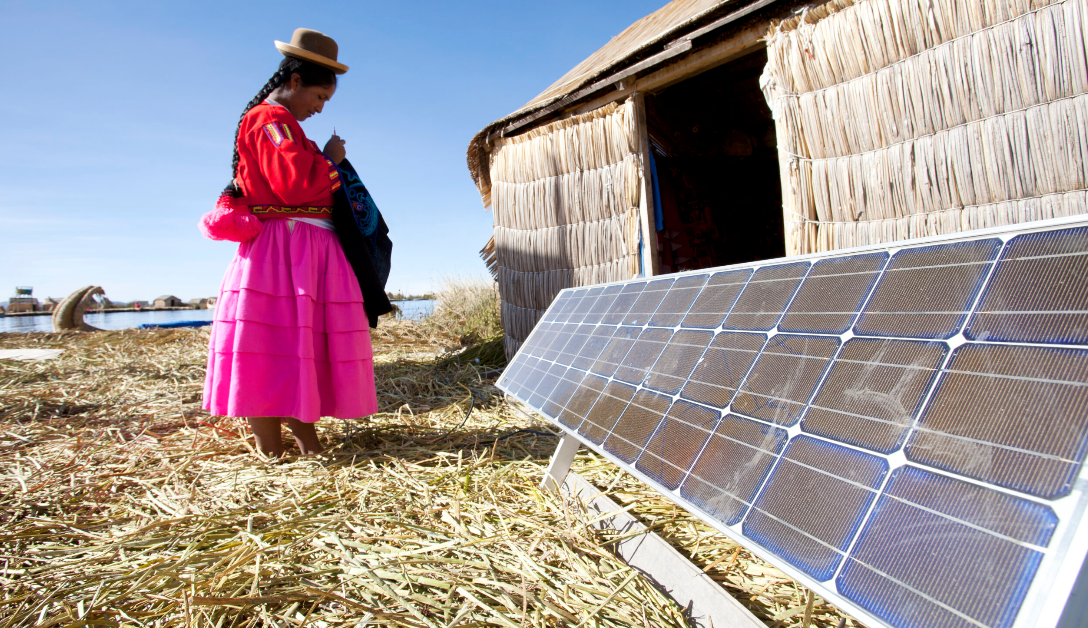
Every year, on the eve of the UN Climate Change Conference (COP), one of the world's most authoritative medical journals, The Lancet, releases a heavyweight report—the "Lancet Countdown." The uniqueness of this report is that it doesn't talk about melting glaciers, but instead uses rigorous medical data to answer a core question: How does climate change directly impact our health?
The latest report, released at the end of October 2025, has once again sounded the alarm for global public health. The report points out that the impacts of climate change are no longer a distant future threat, but a "health crisis" that is happening now, and its effects are accelerating at an unprecedented rate.
-
Research Highlight 1: The "Direct" Lethal Threat of Extreme Heat
The report analyzes that the record-breaking global high temperatures in 2025 are the most direct killer threatening health. The impact of high temperatures goes far beyond discomfort or heatstroke:
-Cardiovascular and Kidney Strain: Prolonged high heat places immense stress on the human cardiovascular system and kidneys, leading to a significant increase in the risk of heart attacks and kidney failure, especially for the elderly and those with chronic diseases.
-Deteriorating Mental Health: Studies have also found a clear correlation between extreme heat and the exacerbation of mental health problems (such as anxiety and depression).
The report warns that without more aggressive carbon reduction actions immediately, the number of heat-related deaths globally will grow exponentially.
-
Research Highlight 2: The "Indirect" Chain Reaction on Food and Infectious
Diseases Climate change is indirectly threatening human survival by disrupting natural systems in two major ways:
1.Food Security Crisis: Unstable rainfall and persistent heatwaves are shortening the growing seasons for major global food crops (such as wheat, corn, and soybeans), leading to decreased crop yields. This directly threatens the stability of the global food supply chain, putting hundreds of millions of people at risk of malnutrition.
2.Expansion of Infectious Disease Territories: Warming is creating broader and warmer habitats for disease-carrying mosquitoes (like the Aedes aegypti mosquito that transmits dengue fever). The report shows that the seasons suitable for dengue virus transmission are lengthening globally, exposing previously non-endemic areas (such as parts of Europe and North America) to infection risk.
Conclusion: Net-Zero Action = The Greatest Public Health Investment in History
The core conclusion of the Lancet Countdown report is clear: accelerating the net-zero transition is the largest and most beneficial public health intervention of this century.
The report strongly advocates for the concept of "Health Co-benefits." For example:
-Phasing out fossil fuels (like coal-fired power plants) is not just for carbon reduction; its "immediate" benefit is the drastic reduction of air pollution (PM2.5). Cleaner air will directly lower the incidence of stroke, lung cancer, asthma, and respiratory diseases.
Similarly, promoting green transportation (encouraging walking and cycling) not only reduces transport carbon emissions but also promotes physical activity among the public, helping to combat obesity and chronic diseases.
The report calls on all governments, when formulating their net-zero roadmaps and NDCs (Nationally Determined Contributions), not to just count "carbon," but to place these "health benefits," which can save countless lives, at the center of their decision-making considerations.
Source/Image Source: The Lancet
Website: 2025 Report - Lancet Countdown
Disclaimer:
1.The articles compiled and published by this association on the Taiwan Net Zero Emissions Association's official website and in the Member Biweekly Report are for the purpose of introducing international environmental trends and for educational use only, not for profit.
2.Any legal responsibilities or losses resulting from the use or adaptation of articles translated by the association shall be borne solely by the user or adapter.
For more insights on net-zero emissions, feel free to subscribe to our biweekly newsletter:
https://www.tnzea.org.tw/eforms.php?lang=tw&tb=1


